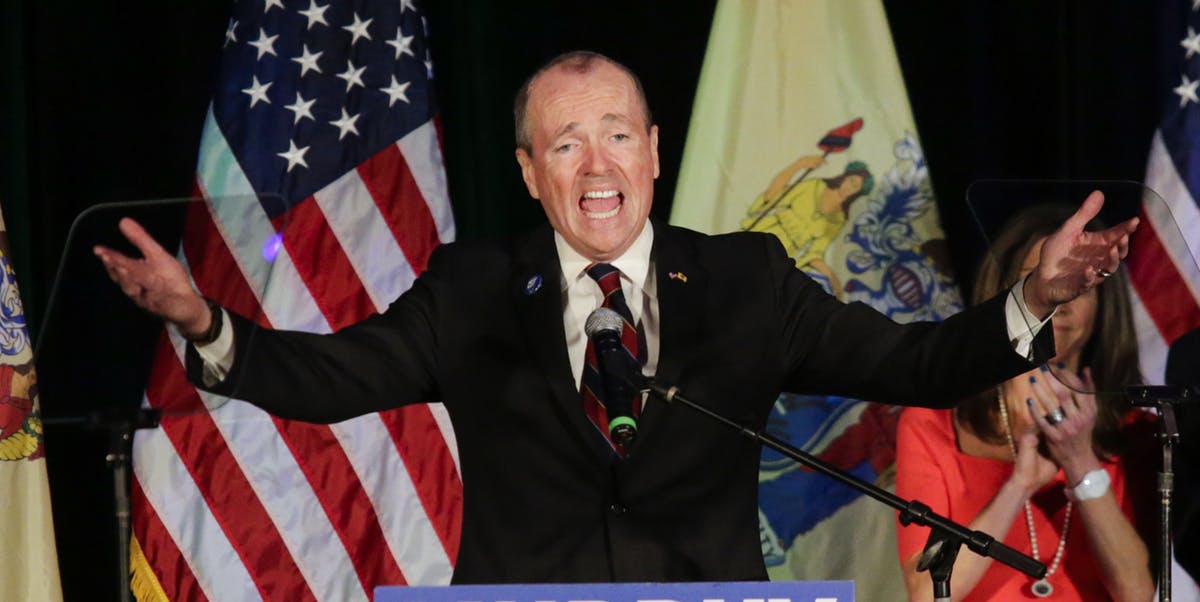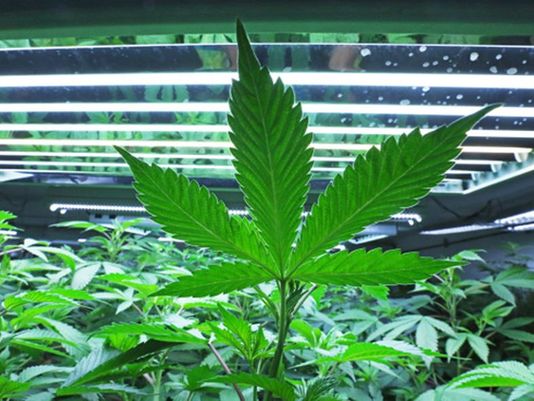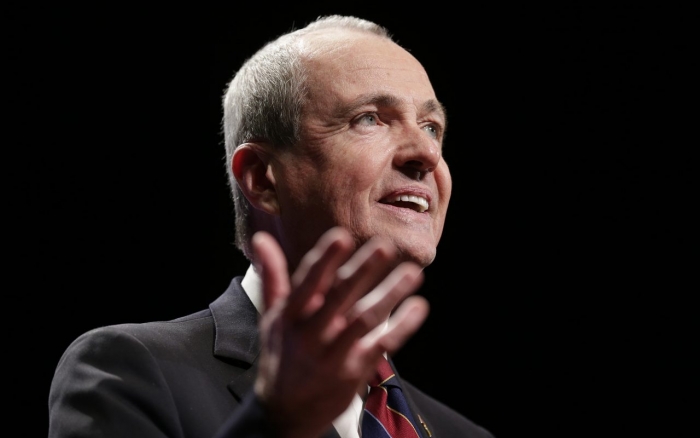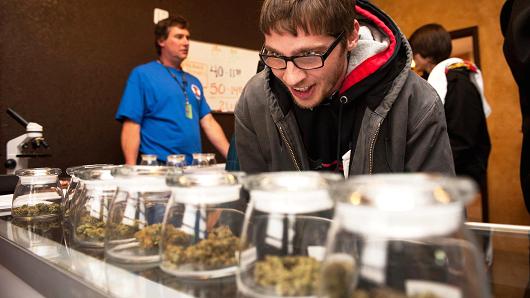When New Jersey chose a Democrat as its next governor, voters eager to cut ties with anything related to Bridgegate also cleared a path for the state legalizing marijuana.
The position of Garden State lawmakers on marijuana parallels public opinion, which shows each year that an increasing number of people support the legalization of recreational marijuana use. New Jersey Democrats introduced a bill in May to legalize marijuana, but didn’t make any progress with Republican Chris Christie as governor, who was poised to veto the law.
But Christie’s successor is Phil Murphy, a Democrat who was not shy in supporting legalized marijuana throughout his campaign. Murphy also advocated marijuana legalization as a way to inspire criminal justice reform and allow police to “focus resources on violent crimes,” his campaign says.
“The criminalization of marijuana has only served to clog our courts and cloud people’s futures, so we will legalize marijuana,” Murphy said in his victory speech. “And while there are financial benefits, this is overwhelmingly about doing what is right and just.”
New Jersey Gov.-elect Phil Murphy speaks at an election night rally following results projecting his win.
Because New Jersey is not one of the states that allows citizens to vote on state law through ballot referenda, the legalization of marijuana has to come from the legislature. If all goes according to the plan, Democrats are looking to pass the law within 100 days of Murphy taking office, NJ.com reported.
As New Jersey law stands now, there are mandatory minimum penalties any possession, distribution or production of marijuana. The state does have a medical marijuana program that’s been around since 2012 with a little over 10,000 patients at the end of 2016, the New Jersey Department of Health reports. However, the report says there are only ten medical marijuana dispensaries in New Jersey — the nation’s most densely populated state — and patients are limited to two ounces a month.
Marijuana is currently legalized in DC and eight states: California, Washington, Oregon, Nevada, Colorado, Massachusetts, Maine, and Alaska. But following the election Tuesday that brought some pro-legalization faces to the table, that number could soon go up.
credit:420intel.com













